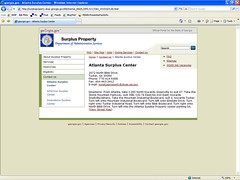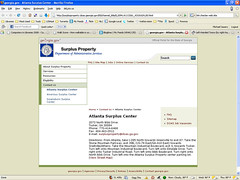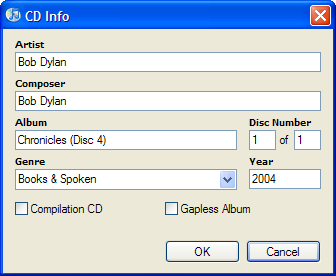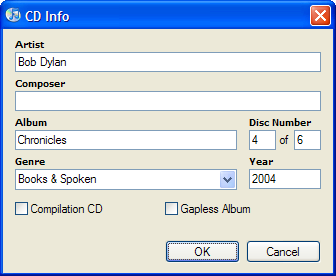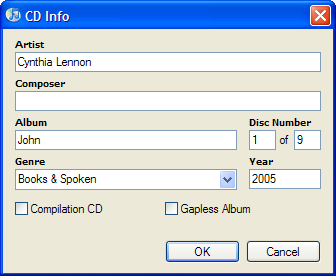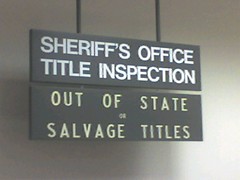But you're *all* special
Lately a lot of articles and books about generational differences have come across my desk. Boomers, Gen X (me), Millennials. There are similarities, and not all the generalizations apply to everyone, but there are significant differences that you can't avoid. My problem with the Millennials is their innate sense of entitlement which, in most cases, I place the blame squarely on their boomer parents. This sense of "we're all special" and "we're all winners" is just not realistic. Case in point:
I've got a high school graduation to go to on Saturday morning. Turns out that there's going to be 11, yes eleven, valedictorians! ELEVEN!? I'm sorry, but doesn't the very definition of this word make it a singular? Let's check...
"the student usually having the highest rank in a graduating class who delivers the valedictory address at the commencement exercises"
Merriam-Webster.com
Yep, just what I thought. It's not a plural within a single school. So, how do eleven students give a single valedictory address? The don't. Er, well, they all do. In this case each of the eleven students is allowed to give a two minute speech. WTF? Yeah, a lot of wisdom from some very smart kids can be boiled down into what are in effect soundbytes. (As a co-worker described it: a Pecha Kucha graduation.) To make it worse, they were informed by the school that each talk had to be based around a movie and had to use quotes from the movie of choice to illustrate whatever they were trying to express. So much for trusting the smartest student in the class to make an appropriate or inappropriate speech as they see fit. Wouldn't want to give them that amount of trust.
Now, I don't know the exact reasons for having 11 valedictorians but I'm going to make an educated guess: we wouldn't want to disappoint any of the 4.0 students. They've all earned it. Sorry, but ONE student has earned it, not eleven. If you've actually got a tie (statistically improbable that it's an eleven-way tie, but not impossible) then use additional factors like attendance or extra curricular activities. Come on adults, show some backbone to your kids and pick a winner. The other ten will get over it.
Oh, and there's going to be just one salutatorian. Just proving that earning either of these honors isn't exclusive, just that you're a member of a grade range.
Labels: rant


